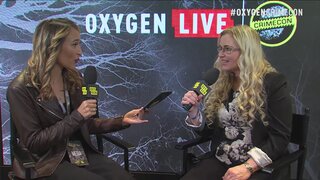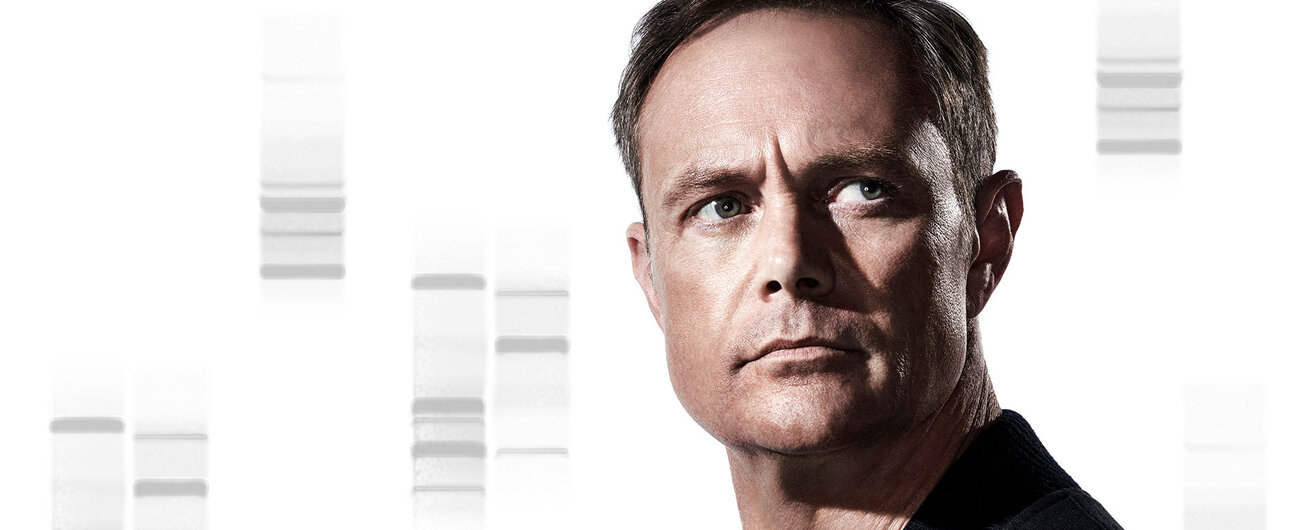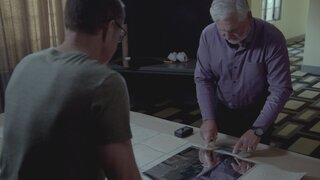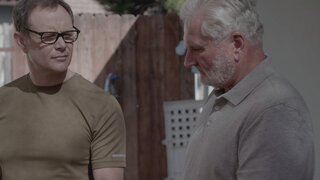Create a free profile to get unlimited access to exclusive videos, breaking news, sweepstakes, and more!
How Is Genetic Genealogy Shaping The Way Cold Cases Are Solved?
CeCe Moore breaks down how genetic genealogists are teaming up with law enforcement to crack cold cases.

In early 2018, investigators in California uploaded DNA from one of the Golden State Killer crime scenes to GEDmatch, an open data personal genomics database and genealogy website. They found a mutual descendant of the suspect’s great-great-great grandparents, and enlisted genetic genealogists to construct a family tree.
This eventually led authorities to Joseph James DeAngelo, a 72-year-old former police officer. DeAngelo was arrested that April and charged with 13 counts of murder, including one committed during burglary and rape, and 13 counts of kidnapping for robbery, according to CNN. He is currently awaiting trial.
Since DeAngelo’s arrest, law enforcement has investigated numerous cold cases using genealogical DNA databases, whether from open-use platforms like GEDmatch or commercial websites like FamilyTreeDNA. While an impressive number of cases have been solved, finding usable matches that lead to an arrest is labor intensive and often difficult.
“It’s a steep learning curve,” CeCe Moore, head of genetic genealogy at Parabon NanoLabs, told Oxygen.com. “It’s been two years since genetic genealogists have started to be used. There are some law enforcement officials who are getting good at it. We just need more people that really put the time in to do it because there are a limited number of us out there that can work these cases skillfully.”
To help law enforcement identify unknown suspect or victim DNA from a crime scene, genealogists upload the DNA sample to a database like GEDmatch. Then, they reverse-engineer the family tree of the unidentified person by comparing it to the family trees of people with whom they share DNA.
“You’re hoping your top match is going to be at least a third cousin, and you can go back to a second great-grandparent. I use a lot of supporting matches as well,” said Moore, who has worked on more than 200 cases. “If you’ve got a lot of really close genetic matches, it’s obviously going to be a lot easier.”
While genetic genealogists have proved critical in helping investigations, arrests and convictions are ultimately the result of police work.
“It sometimes can only narrow it down so far, and then you turn it over to the investigators,” Moore said. “We’re really just a lead generator. We’re trying to get tips, and then investigators have to determine whether that’s a viable tip or not.”
The key to more successful identifications is access to DNA databanks, according to Moore. As more people upload their genetic information, there will be more profiles to compare them to.
“The techniques are already very powerful, and the science is very powerful. We just need more DNA to compare it to,” Moore told Oxygen.com. “That’s what it relies on. We need more data and more people who are willing to contribute their DNA profiles to the effort.”
As forensic genealogy has grown in usage, however, many genealogical websites have wrestled with the privacy concerns of their users. Increasingly, websites only allow access to users who have manually opted-in to share their profiles with law enforcement, thus limiting the data pool.
While Moore is hopeful that more cold cases will be solved in the coming years thanks to breakthroughs in DNA technology, she is realistic about the challenges ahead.
“It takes a lot of skill unless you get very, very lucky,” she said. “There’s been some cases over the last year or so that law enforcement agencies have been able to figure it who it is themselves without a genetic genealogist because it was such a close match, but the vast majority of the cases — 99 percent of them — are going to need someone who is experienced and skilled, or they're just going to be wasting their time spinning their wheels. It’s not that it will lead them in the wrong direction, it just won’t lead them anywhere.”
For more cold case investigations, follow Paul Holes as he explores the physical and emotional "DNA" of crime scenes in "The DNA of Murder with Paul Holes," premiering Saturdays at 7/6c on Oxygen.





























